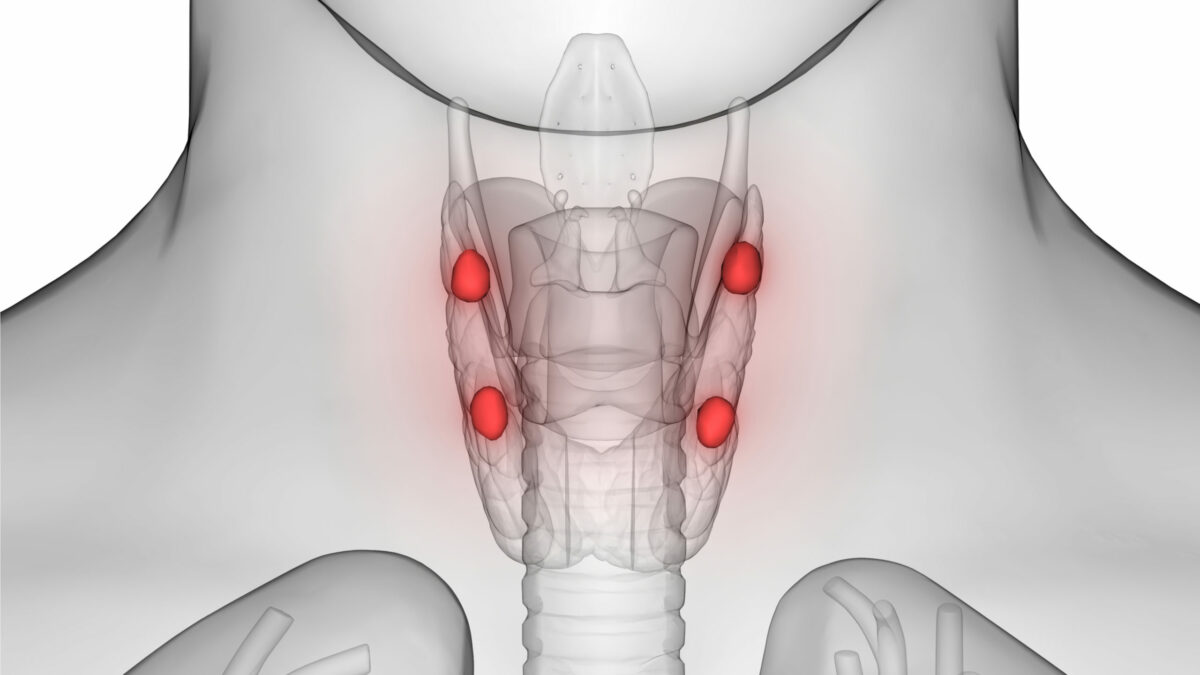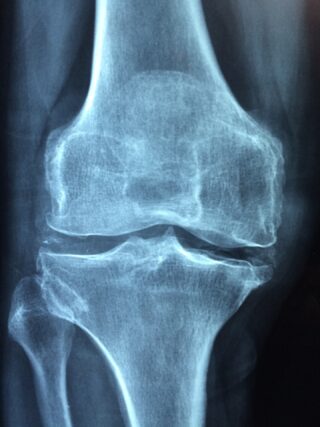In today’s fast-paced world, mental wellness has become a priority for many. With the rising awareness of mental health issues, there’s been an increasing interest in natural and holistic approaches to treatment. For those grappling with mild to moderate depression, naturopathic treatments offer a promising alternative. This blog post explores the benefits of naturopathy for mental wellness, providing practical insights for health enthusiasts, mental wellness seekers, and holistic health advocates.
Understanding Depression
Symptoms and Types of Depression
Depression is more than feeling sad. It’s a complex mental health condition that affects millions of people worldwide. The symptoms can vary but often include persistent sadness, loss of interest in activities, fatigue, and changes in sleep and appetite. Recognizing these symptoms early is crucial for effective treatment.
Importance of Early Diagnosis and Treatment
Early diagnosis of depression can significantly improve outcomes. When depression is identified and treated promptly, individuals have a better chance of managing their symptoms and leading fulfilling lives. It’s vital to pay attention to mental health and seek help when needed.

Traditional vs. Naturopathic Approaches
Traditional Pharmaceutical Treatments
Traditional treatments for depression typically involve pharmaceutical options like antidepressants. These medications can be effective but often come with side effects such as weight gain, insomnia, and emotional numbness. Additionally, they might not address the root causes of depression.
Benefits of Naturopathic Alternatives
Naturopathic treatments, on the other hand, focus on holistic healing. They aim to treat the whole person—mind, body, and spirit. By using natural remedies, lifestyle changes, and holistic practices, naturopathy offers a gentler approach with fewer side effects. This can lead to sustainable mental wellness.

Naturopathic Treatments for Mild to Moderate Depression
Dietary and Lifestyle Changes
One of the cornerstones of naturopathic treatment is diet. A balanced diet rich in omega-3 fatty acids, vitamins, and minerals can significantly impact mental health. Foods like fish, leafy greens, nuts, and seeds can boost mood and energy levels. Additionally, maintaining a regular sleep schedule and reducing caffeine and sugar intake can help stabilize mood swings.
Herbal Remedies and Supplements
Herbal remedies have been used for centuries to treat various ailments, including depression. St. John’s Wort, for example, is known for its antidepressant properties. Other supplements like omega-3 fatty acids, vitamin D, and magnesium can also aid in alleviating depressive symptoms. However, it’s essential to consult with a healthcare provider before starting any new supplement regimen.

The Role of Physical Activity and Mindfulness
Importance of Exercise
Physical activity plays a significant role in mental health. Regular exercise can help reduce symptoms of depression by releasing endorphins, which are natural mood lifters. Activities such as walking, yoga, and swimming are particularly beneficial. Even a short daily workout can make a big difference in overall mood and energy levels.
Mindfulness Practices
Mindfulness is another powerful tool in managing depression. Practices like meditation, deep breathing, and yoga can help individuals stay present and reduce stress. These techniques promote relaxation and emotional regulation, making them effective in managing depressive symptoms. Incorporating mindfulness into daily routines can lead to long-term mental wellness.
Future of Naturopathic Treatments in Mental Health Care
The future of mental health care is likely to see a greater integration of naturopathic treatments. As more research supports the efficacy of natural remedies, healthcare providers may increasingly recommend them alongside traditional treatments. This holistic approach can offer a more comprehensive and sustainable solution for managing depression.

Encouragement for Professional Guidance
While exploring naturopathic treatments, it’s essential to seek professional guidance. Consulting with a healthcare provider ensures that any new treatment plan is safe and appropriate. Additionally, sharing your experiences and seeking support from others can be beneficial on your mental wellness journey.
Conclusion
Naturopathic treatments offer a promising avenue for managing mild to moderate depression. By incorporating dietary changes, herbal remedies, physical activity, and mindfulness practices, individuals can achieve holistic mental wellness. For those interested in exploring these natural methods, consulting with a naturopathic doctor and engaging with the community can provide valuable support and insights.
Remember, mental wellness is a journey, and every step taken towards holistic health is a step towards a brighter, balanced future. Explore the benefits of naturopathy and take charge of your mental health today.











